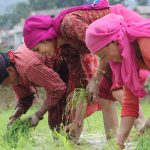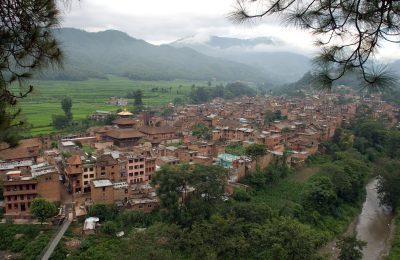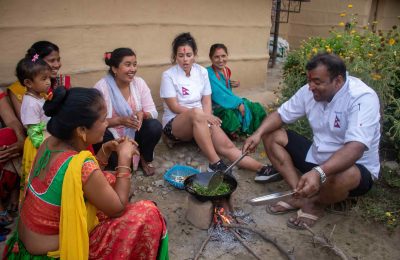Responsible travel emphasizes respect for local communities, cultures, and the environment while exploring new destinations. It encourages travelers to make conscious choices that have positive impact, such as supporting local businesses, minimizing their carbon footprint, and preserving natural and cultural heritage. By practicing responsible travel, individuals can contribute to sustainable development, foster cross-cultural understanding, and leave a lasting legacy for future generations to enjoy.
However, with a looming threat of climate change, having a better sustainable future for the next generations seems uncertain. Nevertheless, it is just not enough to be uncertain, having an action to mitigate it is very important. When we encounter terms like climate action and biodiversity crisis, we often come across complex concepts that may be challenging for the general public to comprehend. However, it is crucial for everyone to understand and address climate action since it is a shared responsibility that affects each and every one of us.
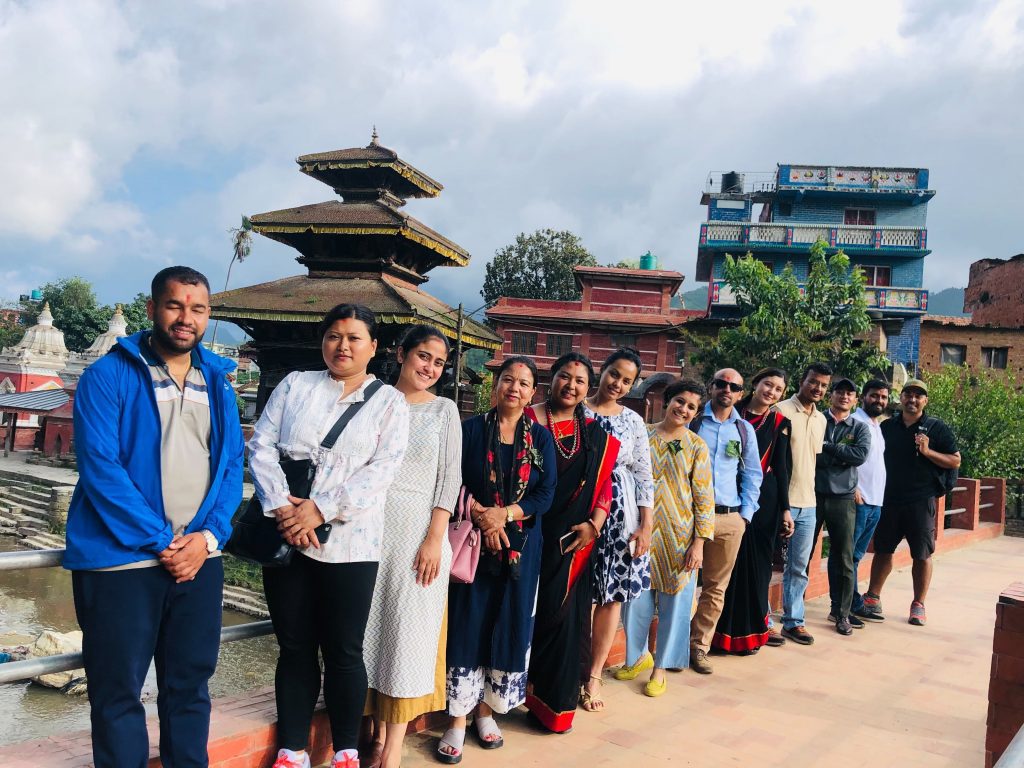
Strengthening Community Tourism For Responsible Travel
In an effort to promote responsible travel through community tourism and address pressing environmental issues, Planeterra a pioneer in community tourism, organized a peer-to-peer learning workshop for its Nepal partners. The workshop aimed to facilitate discussions on climate action, the biodiversity crisis, and the importance of local solutions. As part of its commitment to supporting community tourism enterprises, Planeterra established the Global Community Tourism Network (GCTN) during the pandemic. It was set up with the goal of breaking down barriers in the tourism marketplace and enhancing the capacity, quality, and accessibility of community tourism worldwide.
Recognizing that addressing climate action requires collective efforts, we, Community Homestay Network (CHN) as a strategic partner of GCTN here in Nepal joined forces to co-plan and co-execute the workshop, held on June 27, 2023. The session aimed to foster engagement and knowledge-sharing among various stakeholders in Nepal, while promoting best practices in community tourism and addressing the urgent challenges of climate change and biodiversity loss.
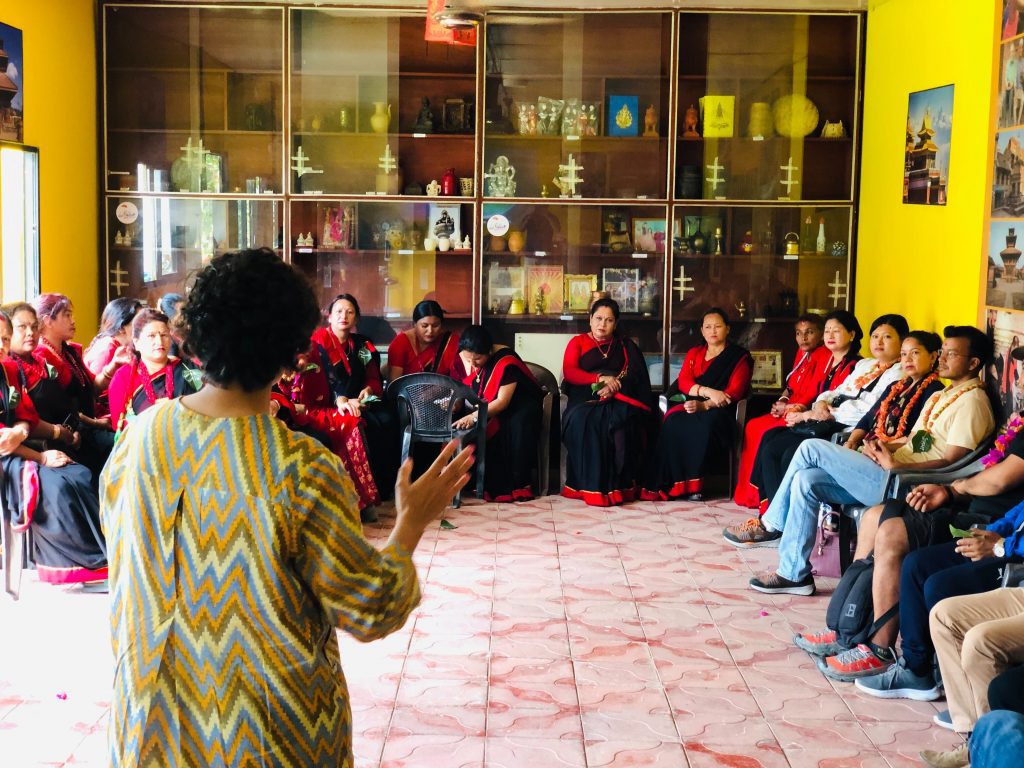
During the session, participants from different community based tourism enterprises such as Social tours, Hands on Institute, Girls Empowered by Travel, Nagarkot Community Homestay, Kirtipur Community Homestay, Panauti Community Homestay and Panuati Bike Station had the opportunity to learn and share about successful models of community-based tourism.
Empowering Responsible Tourism through Collaborative Initiatives
They delved into topics such as how to effectively run a community-based tourism experience and understand its wide-ranging impacts and ripple effects. The discussion emphasized the role of community tourism and in addressing the ongoing climate action and biodiversity crisis. By adopting sustainable practices, community tourism can become a catalyst for positive change, promoting responsible travel and mitigating environmental impacts.
The discussion was further facilitated by a collaborative learning and problem-solving process where participants were engaged in a workshop. The workshop also explored the role of GCTN in mitigating these challenges. By fostering engagement and providing a platform for knowledge-sharing, GCTN can contribute to the growth and sustainability of responsible and ethical travel.
The partnership between GCTN and CHN presents an exciting opportunity to harness the power of community-based tourism in addressing the ways to build responsible travel and work on climate action and biodiversity crisis. Through meaningful engagement and the sharing of best practices, this collaboration aims to promote responsible and sustainable tourism models that benefit local communities and the environment.
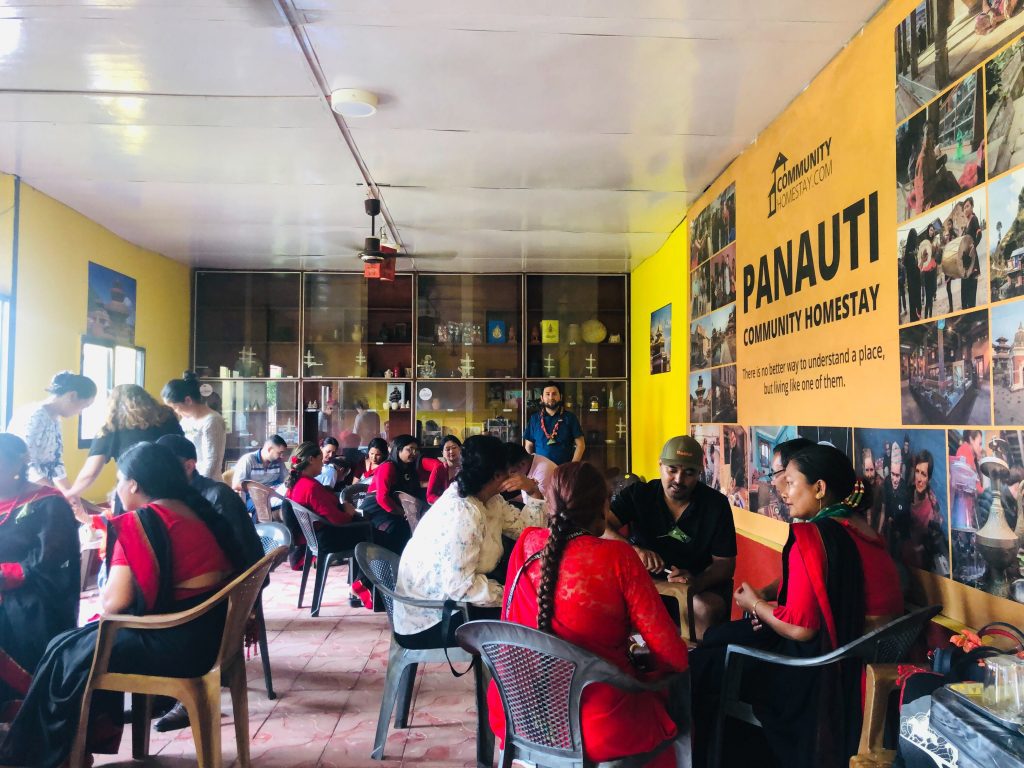
Fostering Collaboration and Sharing Best Practices
The session served as a crucial step towards a more responsible and inclusive tourism industry, where community-based initiatives hold significant importance in shaping a positive future for both travelers and local communities. The best practices of reducing single-use plastics were shared from the communities while the importance of switching to renewable sources of energy were also discussed. The discussions highlighted that these changes not only contribute to make one destination cleaner and greener but also raise awareness among travelers, encouraging responsible behavior in other locations. The dynamic conversations and collaborative atmosphere allowed all partners to connect and establish relationships for future joint collaborations.
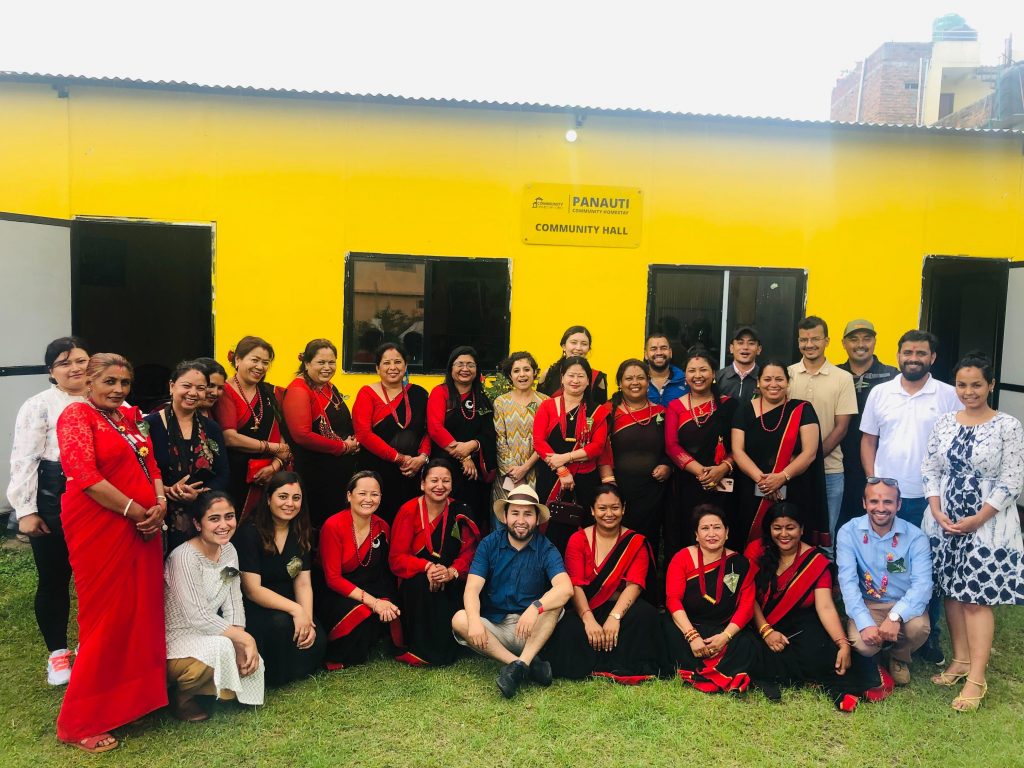
As an organization committed to providing community-based tourism experiences that directly benefit local communities, this platform provided a valuable opportunity for us to exchange ideas with like-minded initiatives and organizations. We anticipate that this gathering will foster long-term collaboration and contribute to the promotion of responsible tourism practices in Nepal.



